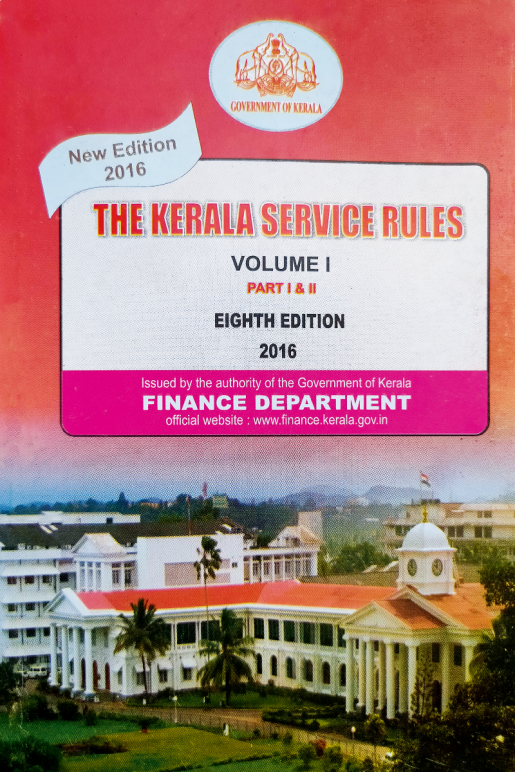In the realm of Indian government services, the terms “KSR” and “KSSR” are often encountered, particularly in the context of recruitment and employment. While these acronyms may appear similar, they represent distinct categories of service rules and regulations applicable to different groups of government employees. Understanding the distinction between KSR and KSSR is crucial for navigating the intricacies of government employment and ensuring adherence to the appropriate guidelines.
KSR: Kerala State Service Rules
The Kerala State Service Rules (KSR) is a comprehensive set of rules governing the service conditions of employees in the Kerala State Service. It encompasses a wide range of aspects related to recruitment, appointment, probation, promotion, discipline, and retirement benefits. The KSR applies to all government employees holding positions in the Kerala State Service, excluding those covered by special service rules for specific departments or categories of employees.

KSSR: Kerala Subordinate Service Rules
The Kerala Subordinate Service Rules (KSSR) is a set of rules specifically designed for employees holding positions in the Kerala Subordinate Service. The KSSR encompasses similar aspects as the KSR, but it caters to the unique requirements and conditions of employment for subordinate service employees.

Key Differences between KSR and KSSR
The primary distinction between KSR and KSSR lies in the scope of their application and the categories of employees they govern:
KSR: Applies to employees holding positions in the Kerala State Service, excluding those covered by special service rules.
KSSR: Applies to employees holding positions in the Kerala Subordinate Service.
Specific Differences in Rules
While the KSR and KSSR share common elements, there are some specific differences in their provisions, such as:
Recruitment: The KSSR may have different eligibility criteria and recruitment processes for subordinate service positions compared to those outlined in the KSR.
Probation: The probation period for subordinate service employees may differ from that specified in the KSR.
Promotion: The promotion criteria and procedures for subordinate service employees may vary from those outlined in the KSR.
Significance of Understanding KSR and KSSR
Understanding the distinction between KSR and KSSR is essential for several reasons:
Adhering to Correct Regulations: Ensuring that employees follow the appropriate set of rules based on their service category (State Service or Subordinate Service) is crucial for maintaining compliance and avoiding legal complications.
Navigating Employment Processes: Understanding the specific rules applicable to each category of employees helps individuals navigate recruitment, promotion, and other employment-related processes effectively.
Protecting Employee Rights: Knowledge of the applicable service rules empowers employees to understand their rights and entitlements, safeguarding their interests within the government employment framework.
Conclusion
KSR and KSSR represent two distinct sets of service rules governing the employment conditions of different categories of government employees in Kerala. Understanding the key differences between these rules is crucial for ensuring compliance, navigating employment processes, and protecting employee rights within the framework of government service.